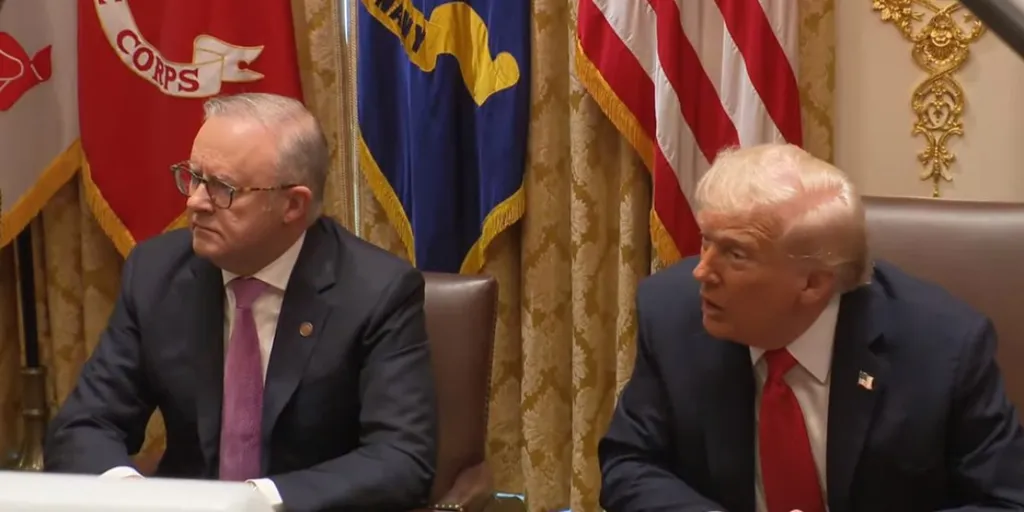The diplomatic fallout from a tense exchange between US President Donald Trump and Australian Ambassador Kevin Rudd has sparked fresh questions about the stability of transatlantic alliances, even as Washington and Canberra forge ahead with a landmark deal to counter China’s dominance in critical minerals. The incident, which unfolded during a joint press conference with Australian Prime Minister Anthony Albanese, has overshadowed what was otherwise a significant step in US-Australia economic cooperation.
Trump’s abrupt confrontation with Rudd—who once called him the “village idiot” and “the most destructive president in history”—has reignited debates about the personalisation of geopolitics. The president’s refusal to engage with Rudd’s diplomatic clarifications, instead declaring, “I don’t like you either. I don’t. And I probably never will,” underscores the fragility of diplomatic decorum in an era of heightened political polarisation.
Yet, beyond the spectacle, the rare-earth and critical minerals agreement signed by Trump and Albanese represents a strategic pivot in Western efforts to reduce reliance on Chinese supply chains. With Beijing controlling roughly two-thirds of global rare-earth mining and 90 percent of processing, the $2 billion investment signals a concerted push to secure alternative sources of these vital materials, essential for semiconductors, batteries, and defence technology.
Trump’s warning of a 100 percent tariff on Chinese goods if Beijing maintains its new state-approval policy for rare-earth exports further escalates tensions. The move suggests a hardening of US trade policy, one that could reshape global supply chains and force countries to choose sides in an increasingly fractured economic landscape.
For Australia, the deal reinforces its role as a key US ally in the Indo-Pacific, but the diplomatic friction with Trump highlights the risks of personalised geopolitics. Rudd, a seasoned diplomat, may have expected his past criticisms to be overlooked in the name of strategic cooperation, but Trump’s reaction suggests that old grievances still hold sway.
The incident also raises broader questions about the future of US-Australia relations. While the rare-earth agreement is a step forward, the underlying tension between Trump’s transactional approach to diplomacy and Australia’s more traditional alliance-based strategy could create friction in the long term.
As the world watches, the Trump-Rudd exchange serves as a reminder that even in an era of strategic necessity, personal animosities can derail diplomatic progress. The challenge for both nations will be to navigate these complexities while ensuring that critical economic and defence partnerships remain resilient in the face of geopolitical volatility.

